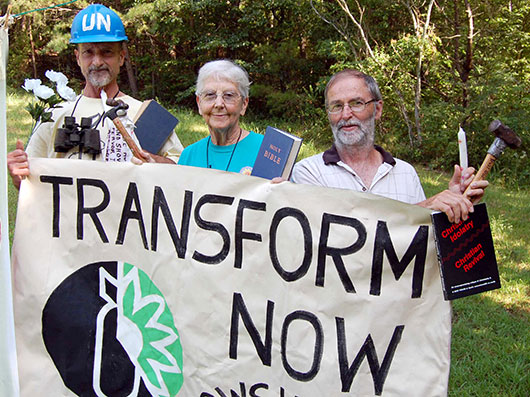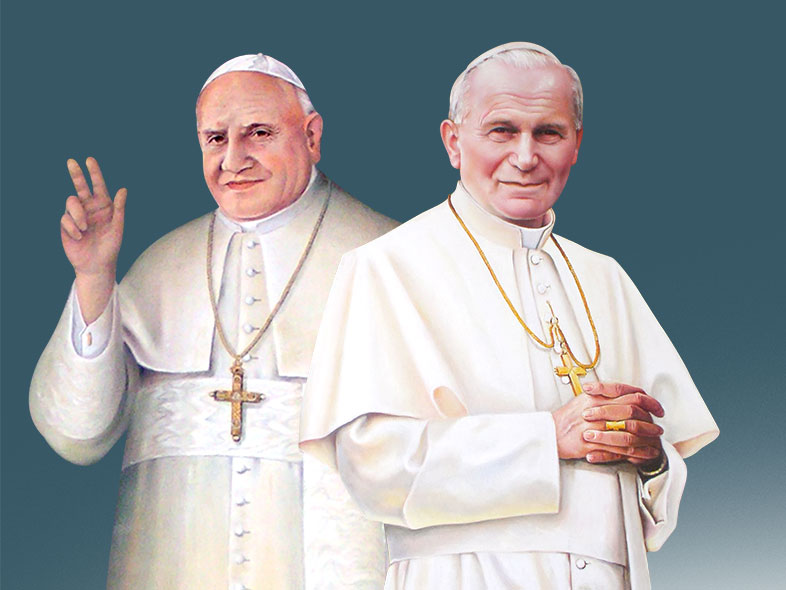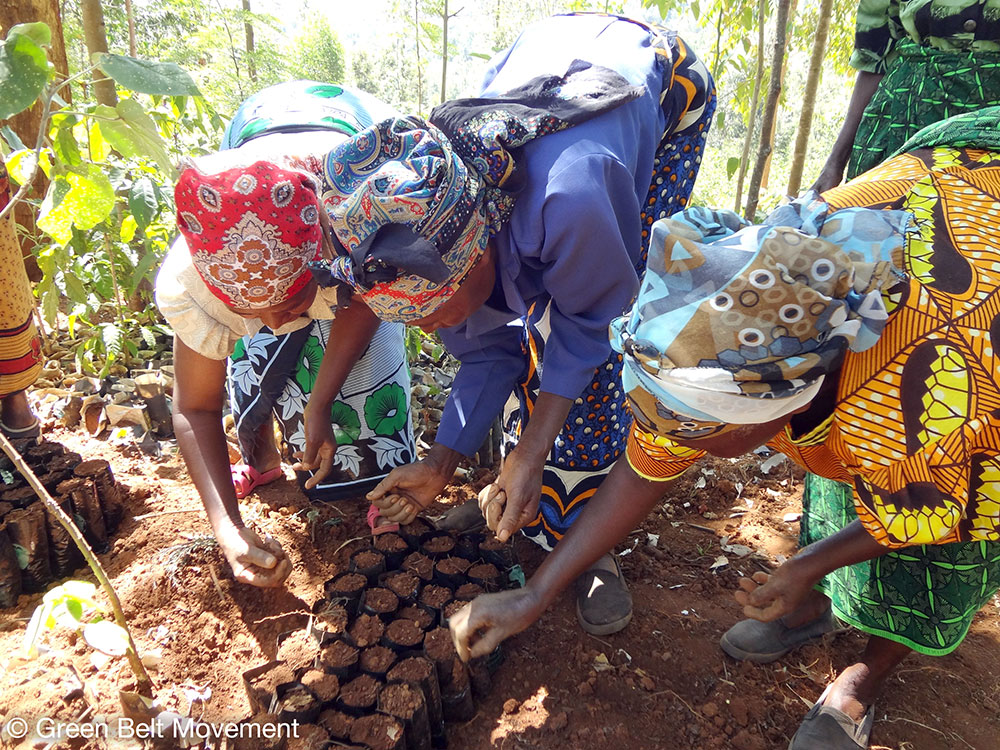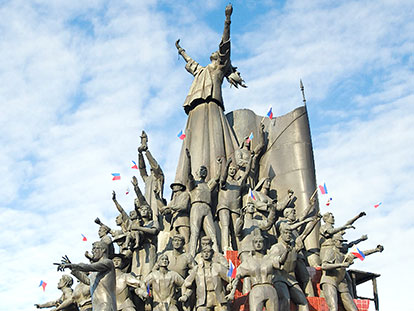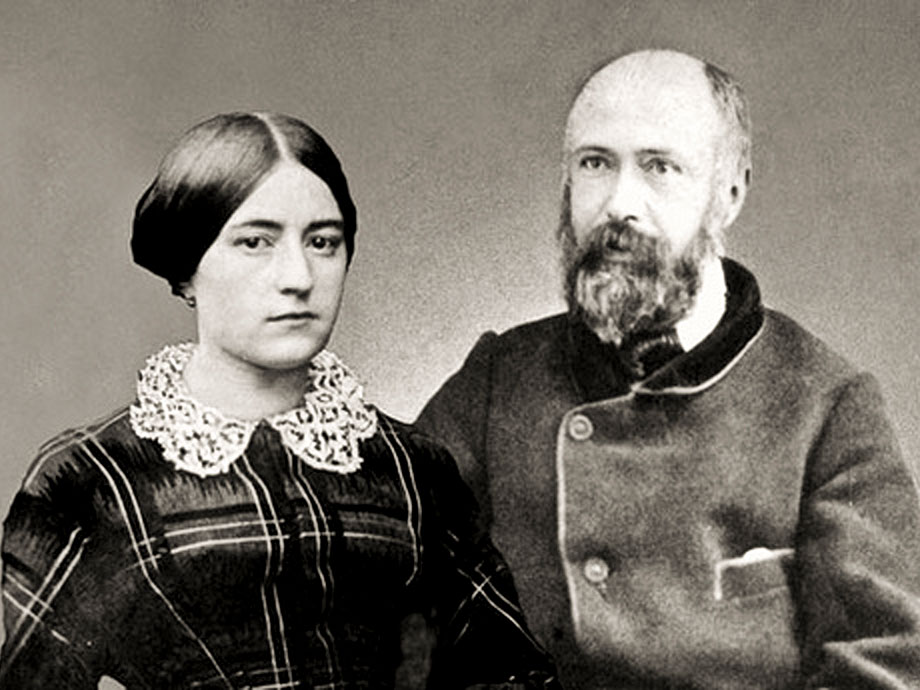Maurice Kagimu Kiwanuka, who was recently nominated minister in President Yoweri Museveni’s Cabinet, says he was 11 years old when his father, Benedicto Kiwanuka, was shot twice in the head by Amin himself on September 22 1972. In an interview with Ultimate Media, Kagimu reveals how his father was followed by soldiers, picked up and taken to military cells. He explains it vividly as if he was driving with him when the soldiers chased his father’s car from home to the High Court where he was arrested and later killed at Nakasero State House.
The woes that led to Kiwanuka’s death started after he presided over a case involving an English man, one Stuart who was found in possession of printed materials which condemned Amin’s government over human rights violations. All the judges feared to handle the case and as Chief Justice, Benedicto Kiwanuka decided to take it on. “My father decided to handle the case and he released the white man after the trial,” says Kagimu.
Kagimu is convinced that the release of Stuart was the main cause of Kiwanuka’s death. After two days, as he was leaving his home in Rubaga, four Peugeots appeared following him but he outran them. In the evening, when Kiwanuka reached home, his friends told him to flee to Rwanda but he refused. The following day, when he went for work at the High Court, the soldiers grabbed him from his car at the Court’s entrance, took him to their car and drove him to Makindye barrcaks.
“While he was still at Makindye cells, the President of Kenya, Jomo Kenyatta, called Amin and told him to release the Chief Justice,” Kagimu says. Then Amin allegedly fabricated a document stating that Tanzanians had abducted Kiwanuka but the Ugandan Army had rescued him. In this way, Amin was trying to cover up Kiwanuka’s unlawful detention. He ordered Kiwanuka to sign the document but he refused.
The soldiers picked Kiwanuka from Makindye, took him to Nakasero State House, and told him to sign the document in the presence of Amin. He again refused. When the judge refused, Amin told him, “Don’t you know I can kill you?” “I do,” Kiwanuka responded, “But I cannot deceive the world.”
“It was then that Amin removed his pistol and shot him twice in the head,” says Kagimu who was told about his father’s predicaments by family friends who were working with Amin. Amin remained in power in Uganda until he was overthrown by Tanzanian forces in 1979. He and his troops were blamed for the deaths of nearly a half–million people.
Kiwanuka’s body was buried in Luzira in the same grave with then Governor of the Bank of Uganda, Joseph Mubiru, who was also allegedly killed by Amin. Little is known about Mubiru’s death but Kagimu says he was killed after he refused to print more money as President Amin had ordered. Kagimu says that there are plans of exhuming the remains of his father but there is yet someone to come to tell exactly where Kiwanuka and Mubiru were buried. People who know where the grave is, fear to come forward because they think Ugandans would see them as ones who participated in the murder of the former Chief Justice and the Governor of the Bank of Uganda.
An outstanding political star
Uganda’s political history, especially the politics of the events that unfolded before independence, would be incomplete without Benedicto Kiwanuka who rose from a middle–class family to emerge as one of Uganda’s outstanding political stars.
Born on May 8, 1922 in Bukomansimbi District, he was the third son of Fulgensio Musoke Kawesi of the Mutima (heart) clan. His mother was called Eularia Nalubowa of the Ngo (leopard) clan. Kiwanuka was brought up in a hostile environment, his father being a polygamist. Although Kiwanuka’s father was not a devout Catholic, he encouraged his family members to become Catholics.
By the time Kiwanuka went to school at the age of 12, he had already completed catechism and was already a devout follower of his religion. He went to Villa Maria Primary School in Masaka before joining St. Peter’s Nsambya Primary School in 1939, where he completed his primary education. He then went to St. Peter’s Secondary School in 1940, where he studied with notables like former Vice–President Paul Muwanga, and Kalure Ssetaala who was twice minister in Obote’s governments.
Ben Kiwanuka married Maxencia Zalwango, from Buwekula in Mubende, whose father, Noah Kirya, was a Munyoro prince of the Bachwezi dynasty. Their wedding was held on February 18, 1947 in Kitovu Catholic Church. On completion of his studies, Kiwanuka joined the King’s African Rifles. He rose to the rank of sergeant major and participated in World War II.
On returning from the war front, he worked as an interpreter at the High Court of Uganda before enrolling for a law course in Lesotho between 1950 and 1952. Thereafter, he attended University College, London, from 1952 to 1956. He was admitted to the Bar Association at Gray’s Inn, London, in February 1956. He privately practiced law in Uganda between 1956 and 1959 while slowly getting involved in politics.
Entry into politics
At this time, Uganda was moving to gain independence. But it had special problems due to its complicated administrative structure, especially with the highly organized kingdom of Buganda, which was also the most economically advanced section of the country. Many of its leaders were little disposed to diminish their state’s special position by submerging it in a greater union.
Among the various political organizations formed in this time was the Democratic Party, the result of pressure from Roman Catholic groups, which thought that members of their religion did not have sufficient representation – in relation to their numbers – in the Ugandan political arena. Although efforts were made to draw non–Catholic support as well, the Democratic Party always kept a reputation as being too closely tied to the Catholic Church, mainly because the polarization was already strong in the Ugandan People’s Party that was considered monopoly of the Protestants and favored by the Protestant colonial government.
In August 1958, DP members from all the regions of Uganda convened in Tororo for their delegates’ annual general conference during which Benedicto Kiwanuka was elected the president. Subsequently, he relinquished his law practice so that he could devote his whole time to politics. In his bid for the unification of Uganda and the deepening of democracy, Kiwunuka met a lot of hostility from the Mengo establishment of the traditional ruler of Buganda, the Kabaka.
The hostility was led by the Katikkiro Michael Kintu, who made it a continuous mission to move around Buganda, opposing the campaign of the Democratic Party and declaring Kiwanuka as Buganda’s worst enemy who ought to be rejected. Kiwanuka openly criticised Kintu’s administration for dividing the Baganda people and isolating Buganda from the rest of the country through intransigent demands.
Whereas many Baganda regarded him a traitor for his objection to Buganda’s federal demands in favor of a unitary government for Uganda, Kiwanuka had a great love for the kingdom of Buganda. In 1953, when the Kabaka of Buganda, Sir Edward Mutesa II, was deported to Britain over his demand for Buganda’s self–rule, Kiwanuka was among those who vehemently criticized the act.
He publicly declared: “This blatant show of force, arrogance and pride will never gain lasting achievement. The people of Britain should clearly understand that we have been wronged and our whole country greatly slighted by this arbitrary removal of our beloved ruler and that unless their leaders change their minds and re–instate Mutesa II on the throne of Buganda, they are helping in the darkening of our future to a degree beyond human imagination.”
By that time, Kiwanuka was the general secretary of the Uganda Students’ Association in London. Later on, as the leader of the Democratic Party, he found himself on a collision course with the political position of the Kabaka, given the strong commitment of the DP to a united Uganda.
The fragile democracy
When the first important elections were held in Uganda in 1961 to determine the country’s future, there were only two important political parties: the Democratic Party and the Uganda People’s Congress. The kingdom of Buganda decided to boycott the election. The Democratic Party swept the Buganda elections and won enough votes in the rest of Uganda to secure the largest representation in the legislature. Benedicto Kiwanuka was asked to form a government and, on July 1, 1961, he became the first Chief Minister of Uganda. On March 1, 1962, he was appointed Uganda’s first Prime Minister.
But Kiwanuka’s time as Prime Minister was fleeting. New elections were held in April of 1962 and he failed to gain reelection to the National Assembly. This time, the Buganda participated by allying with the United People’s Congress; their joint forces triumphed, and Milton Obote replaced Kiwanuka as Prime Minister. Obote then presided over Uganda’s independence (October 9 1962).
The Democratic Party became the main opposition party, with Kiwanuka as their leader, despite losing his seat in the election. In the mid–1960s, he focused on Uganda’s Muslim population and their neglected needs in the hope of enlarging the popular support for the Democratic Party in view of the next elections. But the next elections were never to take place. The fragile democracy soon succumbed under the dictatorial scheme of the incumbent Milton Obote.
The unwilling alliance with the Kabaka’s party soon ended. The aspiration of sovereignty and autonomy of the Baganda flared up in a rebellion that Obote suppressed in blood with the help of Idi Amin as the head of the Army. The Kabaka fled to England where he subsequently died as an exile. On the wake of this rebellion, Obote abolished the opposition and imprisoned Benedicto Kiwanuka.
This happened in 1969, and he remained jailed until Idi Amin overthrew Obote’s government two years later, in January 1971, thus plunging Uganda into a deep crisis and an era of ruthless persecution. Benedicto Kiwanuka was one of 55 political detainees released by Idi Amin immediately after the coup that brought the military dictator to power. Amin, hoping to win the popularity of the country’s working class and acceptance from the international community, installed Kiwanuka as Chief Justice of Uganda. But Kiwanuka quickly became a dissident and wouldn’t overlook the atrocities committed by Amin’s brutal regime. That signed his death warrant.
He fought for a united Uganda
In his book, Benedicto Kiwanuka; The Man and His Politics, Albert Bade writes that Kiwanuka is the greatest man in the history of Uganda, basing his statement on Kiwanuka’s unique political stature, anchored on the values of honesty, justice and advancing the common good of the nation as opposed to the politics of opportunism which has characterized most of Uganda’s politicians.
Kiwanuka was a very courageous Chief Justice of Uganda. At a time when the country was led by the ignorant and brutal leader Idi Amin Dada, Kiwanuka stood his ground and made judgments in an impartial way and he lost his life. As a political leader, he led his party in an honest manner. Although he lost the second elections because of his principles, the principles he promoted were extremely important and guided the governance of polity.
Veteran journalist John Nagenda wrote: “I am proud of Ben Kiwanuka for having risked his life for what he believed was the best for the country. Unlike many other learned politicians, Kiwanuka refused to run away from the problems of his country until he was killed. He acts as an inspiration to us that some people must sacrifice themselves for the good of the others.
He is one of the leaders we used to admire, especially when Uganda’s independence constitution was being created. He will be remembered for fighting for a united Uganda. He had a national outlook and a national focus. He did not use politics to pursue his selfish interests like enriching himself.”
Maurice Kagimu Kiwanuka, Benedicto’s son, believes that he would be a different person if his father was not killed. “I had few friends because people feared to associate with our family thinking they would also be killed,” he says. As children, he and his siblings lived inside the gates of their houses and had no visitors at home, he continues. “There was a lot of fear and we never got a chance to play with fellow children.” Kagimu is the 8th born out of 10 children in Ben and Maxencia Kiwanuka’s family but three of his siblings have died.
I was happily surprised to find his colored photo in the internet: his face has still the innocence and spontaneity of the time I met him, when, as a college graduate, he was searching for his future and applied to become a member of the Comboni Missionaries. On that occasion, I met also with his mother Maxencia, Ben Kiwanuka’s widow, a matronly lady, soft spoken and kind. Now, at 45 and a government minister, Kagimu somehow continues the family tradition of service to his country in the wake of the powerful example of his father, a martyr of justice.



